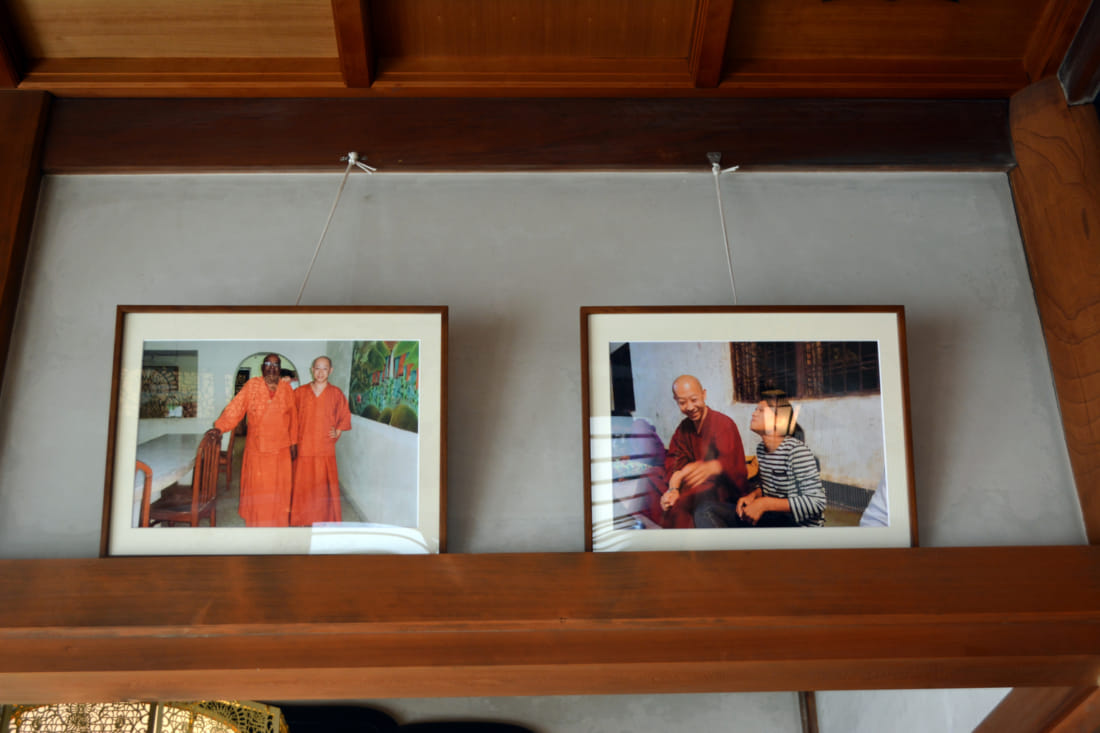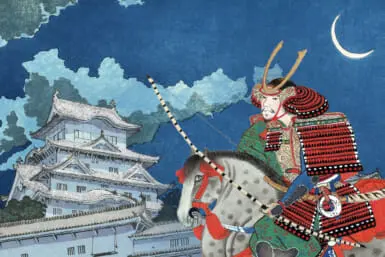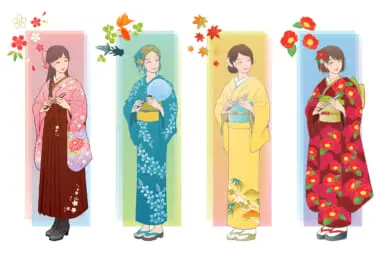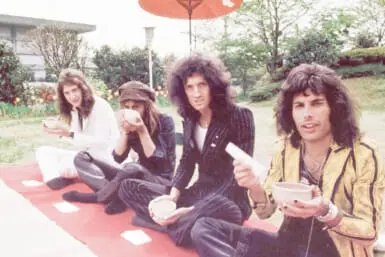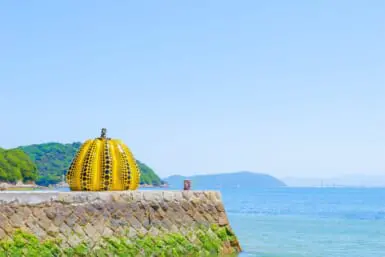It’s hard not stumbling upon a shrine or temple no matter the size of neighborhood you visit in Japan. Despite places of worship for Shintoism or Buddhism being virtually everywhere, only less than 40% of Japan’s population identifies as religious, with the majority of them identifying as Buddhists.
Buddhist temples operating more like corporations than providers of spiritual guidance might have something to do with the declining number of followers. Unlike Buddhism in India, where the religion originated, Japanese Buddhism is scrutinized and referred to as “funeral Buddhism,” as in many cases only funeral services are available to the public.
Saimyouji, a temple in rural Kawagoe, Saitama Prefecture, with a history of nearly 800 years, is aiming to standout from the rest due to the efforts of its recently appointed chief priest.
Senda Akihiro, the 57th chief priest of Saimyouji, spent two years in India studying the religion and practicing under his Indian mentor before inheriting the temple from his father.
“I want to open my temple to everybody, Japanese or foreign,” says Senda. “The aim of all religions, including Buddhism, is to help people.”
Discrimination-free Weddings
Up until now, Saimyouji did not offer weddings to people who are not connected to the temple, but that is set to change this month. From April 1, 2020, Saitama Prefecture has started issuing same-sex partnership certificates for same-sex couples, joining 12 other Japanese municipalities.
Using this wave, Senda will start offering weddings to couples regardless of their sexual orientation, religion or ethnicity.
Given the size of the temple, Senda is worried that he is unable to offer ceremonies for large weddings, but he is hoping that many couples will take the opportunity and perform their ceremonies there.
Once wedding services are offered, Saimyouji will become the second known temple in Japan that openly promotes LGBT weddings, following the Shunkoin temple in Kyoto. Japanese Buddhism does not mention LGBT weddings, and does not forbid them.
“If a monk refuses wedding services to LGBT couples, it’s because they, as individuals, are against it,” Senda said during a recent interview.
LGBT couples tend not to choose Buddhist weddings either because fancy weddings at churches are the trend, or because they simply are not aware that they can. With a website set to be published by May, Senda hopes that LGBT couples will learn about the temple and choose it as the venue for their wedding.
He has even prepared special rainbow-design rosaries, the equivalent of wedding rings, for couples to wear.
Helping Those in Trouble
“My Indian mentor said that Japanese Buddhism is a little strange,” Senda says. “’Why don’t they tend to living people? Why do they only read sutra for the dead?’”
Influenced by Buddhism practices in India and his mentor, Senda started transforming his temple not long after he came back to Japan in October 2017. To support single parent families, he accepts donations of snacks and candy, packs them into small cardboard boxes and sends them off. He also accepts monetary donations for the same cause.
“Why don’t they tend to living people? Why do they only read sutra for the dead?”
His wish to offer help to single-parent families stems from his experience back in India and the orphanage next to the temple where he was studying. By having a look around the pictures on the wall, it becomes apparent he cherishes the time interacting with the children there.
His witnessing of disease and misfortune also inspired him to hold charity events every year that rely solely on donations from visitors. After breast cancer claimed the life of a friend, he started visiting breast cancer patients in hospitals.
“It’s my duty as a Buddhist monk to help cancer patients,” he says. During the temple’s annual illumination event, the Pink Ribbon Festival, the temple turns pink and a range of activities are held including jazz concerts and meditation.
Similar to the Pink Ribbon Festival, Light It Up Blue is a one-week festival taking place in early April commemorating Autism Awareness Month, with the purpose of educating the public on autism and persons with disabilities in general.
“There is strong discrimination against physically challenged persons,” Senda says, blaming misinformation as the root of that. His own uncle, who has passed away, lived with disabilities, giving him an additional reason to support this cause.
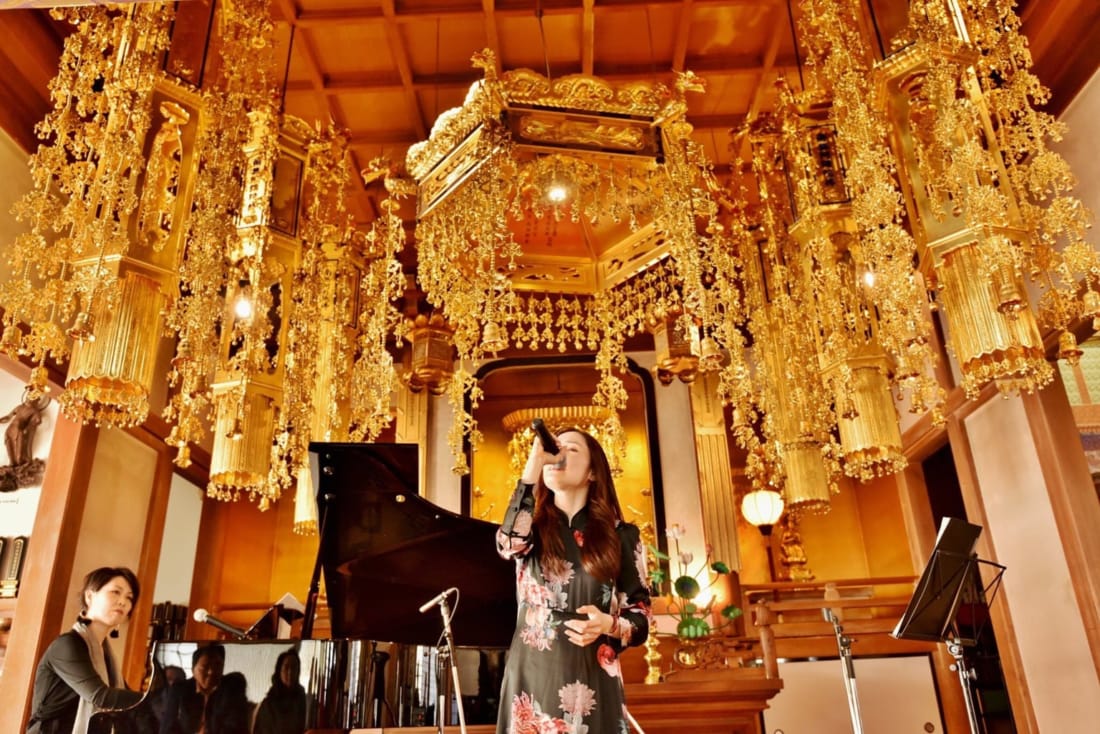
Pink Ribbon Festival | Courtesy of Senda Akihiro
Promoting Buddhism
By the temple, a cut-out of two mascots is impossible to miss. Saimyo-kun and Saimyo-chan are the temple’s official mascots sporting traditional Indian attire. Senda is troubled by the declining number of Buddhism followers and designed those characters while in India as a way to approach Japan’s teens.
The two characters appear on temple merchandise as well as promotional material. They are also on the custom-made KitKat packages he designed for Valentine’s Day. One of the designs is for the KitKat candies he gives to children and the other is a special design for people to give to significant others.
He is not blind to the lack of vegetarian, vegan and halal options in the country either. In an effort to highlight this gap and to raise awareness of the health benefits of Buddhism-compatible options, Senda held a campaign selling all-vegetable instant curry. The recipe was invented by a friend, and Senda promoted and sold the limited-quantity curry. He is planning to run the campaign again in the future with a new recipe.
Having introduced numerous projects and campaigns in less than three years’ time, Senda has no plans to be complacent, and has more projects in the works.
“My dream is foreigners and Japanese coming to my temple for sightseeing and eating vegetarian food,” he says. “And getting married.”
Learn more about Saimyouji temple at saimyouzi.co/m/



